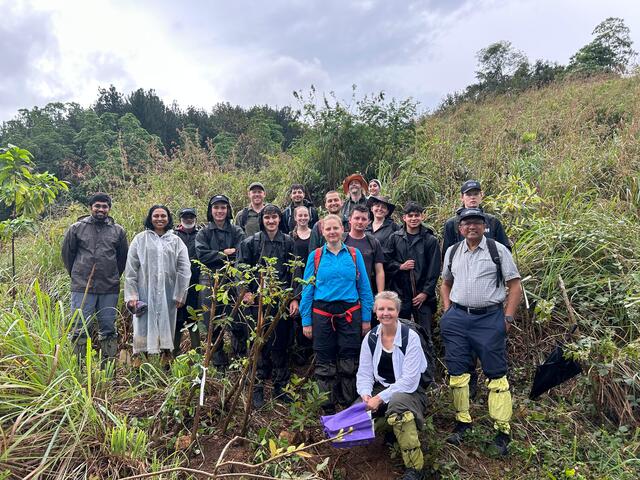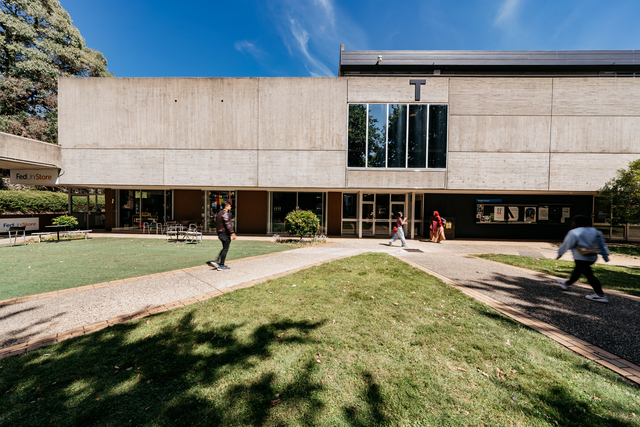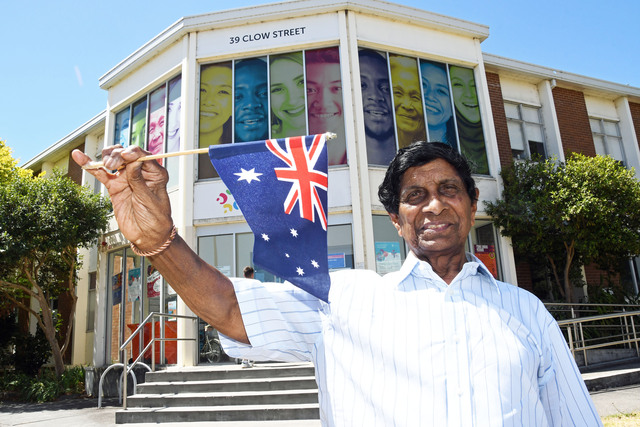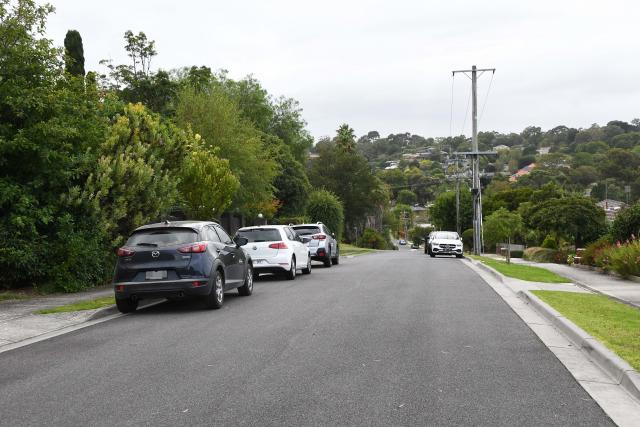An overseas travel exchange has always been an exciting endeavour for many, such as the case of third-year university student Joshua Pingiaro who, along with his peers, embarked on a two-week field trip in Sri Lanka.
Learning about the environmental and climate impacts on tropical ecosystems, the Berwick Federation University student said that his experience was amazing, especially considering how vastly different the environment was.
Speaking on flora studies, Josh said “it was interesting to see how everything is coming together, whereas in Australia the classifications have been done.”
“It was exciting to be in a place that needed some work because it was actually a place where you could learn through experience compared to back home.”
While Josh admitted that the environment in Sri Lanka and Melbourne are vastly different, the impact on tropical areas that climate change has had posed an eye-opening revelation, effects that would sooner or later have an effect on other climates if left unattended.
“Where we were in Sri Lanka, the jungle was pretty much tied straight into the cities, so you really get to see the effects on your surroundings at all times,” he said.
“Compared to back home, there’s a lot of concrete roads and footpaths even, there are garden beds here and there and a few green wedges, but it’s not enough to notice the difference and the change that is occurring.”
A release by the Smithsonian in 2022, titled ‘Tropical Trees Are Dying of Dehydration Due to Climate Change’ detailed how the deterioration has doubled the previous rate since the 1980s, citing an international journal called Nature, a phenomenon that was observed in Australia’s northeast rainforests.
Tropical forest ecologists from the Smithsonian Environmental Research Centre (SERC), the University of Oxford, and the French National Research Institute for Sustainable Development tracked 8300 trees over 50 years’ worth of data in 24 permanent moist tropical forests in Australia.
Their observations showed that tree death rates had doubled over the past four decades, with trees only living half as long.
For Josh, getting the opportunity to learn more about the impacts of climate change on tropical environments was important, not just for his studies, but for awareness.
“Anyone can have an idea in their head and say and do whatever, but until you actually get there and experience it, you’ll never know,” he said.
“That opportunity given to us students was valuable just because we could take away a lot more than what you normally can by just hearing it by mouth.”
At the same time, he added that when and if possible, everyone should take time to learn and experience new things first-hand.
Speaking about students on the same terms, but also for those who are willing and able, “anyone who has the available means should do it for sure”.
“It’s that new place experience, you won’t know anything until you’ve done it.
“So until you actually go over there and experience it, it would be difficult to immerse yourself and truly understand what it is they’re talking about,” he said.

















